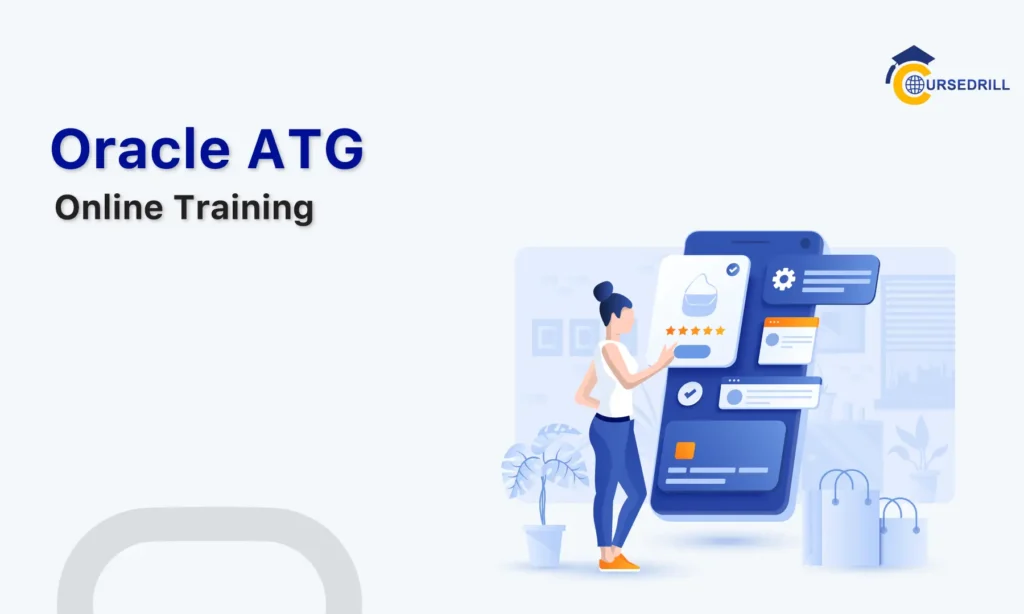- Posted on
- admin
- No Comments
Ultimate Workday Financials Tutorial 2025: Learn in Easy Steps
Introduction to Workday Financials
What is Workday Financials?
Workday Financials is a modern, cloud-based financial management software that helps organizations streamline their financial operations. It integrates seamlessly with Workday’s Human Capital Management (HCM) and other business systems, providing a unified platform for managing finance, HR, and planning activities.
Why Use Workday Financials?
Workday Financials provides:
- Real-time insights into financial data
- Global compliance support
- Scalable architecture for growing businesses
- Seamless integration with payroll, HR, and planning tools
Industries That Benefit from Workday
Industries that find significant value in Workday Financials include:
- Healthcare
- Higher education
- Technology
- Financial services
- Government and non-profits
Key Features of Workday Financials
Cloud-Based Flexibility
Workday operates entirely in the cloud, allowing users to access financial data from anywhere, anytime. This helps in:
- Reducing IT infrastructure costs
- Ensuring real-time updates
- Increasing mobility and collaboration
Unified Finance and HR Platform
One of Workday’s biggest strengths is its unified architecture. Finance and HR teams can work together on a single platform, improving communication and efficiency.
Real-Time Reporting
Users can generate reports instantly using live data. This enhances decision-making and allows for proactive financial management.
Global Compliance
Workday Financials supports:
- Multi-currency and multi-entity organizations
- Tax regulations in different countries
- Auditing and compliance tracking
Core Modules in Workday Financials
Accounting and Finance
Workday supports:
- General ledger
- Journal entries
- Consolidations and close processes
Revenue Management
Helps manage:
- Billing and invoicing
- Customer contracts
- Revenue recognition under ASC 606 and IFRS 15
Expenses and Procurement
Enables:
- Employee expense tracking
- Vendor invoice management
- Spend analysis
Grants Management
Popular with universities and nonprofits, this module allows organizations to:
- Track grant budgets
- Monitor expenses
- Ensure compliance with donor requirements
Asset Management
Organizations can:
- Track depreciation
- Manage capital projects
- Conduct asset audits
Step-by-Step Guide: Navigating Workday Financials
Logging In
Access your Workday portal via your organization’s URL using SSO (Single Sign-On) or your credentials.
Understanding the Dashboard
The home page shows:
- Worklets (like quick apps)
- Notifications
- Announcements and recent tasks
Accessing Financial Modules
Click on relevant icons such as:
- “Financial Accounting”
- “Supplier Invoices”
- “Reports”
Creating a New Financial Report
To build a report:
- Click “Create Custom Report”
- Select data sources
- Apply filters
- Save and share
Workday Financials Implementation Process
Planning and Requirement Gathering
Identify:
- Stakeholder needs
- Integration touchpoints
- Financial goals
System Configuration
Workday consultants configure:
- Chart of accounts
- Security roles
- Business processes
Testing and Validation
Conduct:
- Unit testing
- End-user testing
- Parallel financial reports
Training and Deployment
Train staff using:
- Interactive labs
- Instructor-led sessions
- Knowledge base articles
Workday Financials for Accounting Teams
- General Ledger: Centralized management of financial transactions
- Accounts Payable: Manage supplier invoices and payments
- Accounts Receivable: Track customer payments and follow-ups
- Bank Reconciliation: Sync with bank data and reconcile daily
Financial Reporting and Analytics in Workday
Standard vs. Custom Reports
- Standard: Pre-configured by Workday
- Custom: Tailored by organizations using report writer tools
Real-Time Data Access
All data is stored in-memory, meaning you can:
- View updates instantly
- Make faster decisions
KPIs and Dashboards
Create dashboards to visualize:
- Revenue trends
- Spend patterns
- Budget variances
Benefits of Learning Workday Financials
- Career Growth: High demand in finance and tech industries
- Certifications: Boost your résumé
- Cross-functional Use: Valuable for HR, payroll, and procurement pros
Common Challenges and Solutions
| Challenge | Solution |
| User resistance | Conduct change management workshops |
| Data conversion issues | Use ETL tools and phased migration |
| Limited customization | Leverage Workday Extend or APIs |
Workday Certification and Training Paths
Become an expert in handling the cloud-based financial management system by enrolling into experts designed Workday Financials training. Our certified Workday mentor will help you learn all the modern cloud financial management skills by following a cutting edge course curriculum
Workday Financials vs Other ERP Systems
| Feature | Workday | SAP | Oracle |
| Cloud-native | ✅ | ❌ | ❌ |
| Unified platform | ✅ | ❌ | ❌ |
| Usability | High | Medium | Medium |
Real-World Use Cases and Success Stories
Healthcare Enterprise
- Improved compliance tracking
- Automated supplier invoicing
Financial Institution
- 30% faster month-end close
- Increased reporting transparency
Tips and Best Practices for Mastering Workday Financials
- Use the Workday Community forums
- Engage in hands-on practice
- Attend webinars and live demos
- Stay updated with release notes
FAQs About Workday Financials Tutorial
Q1. Is Workday Financials hard to learn?
A1. No, it’s user-friendly, especially for those with ERP experience.
Q2. Do I need a finance background?
A2. It helps, but not mandatory. Training can bridge gaps.
Q3. Is Workday Financials useful for small businesses?
A3. Yes, it scales well for mid-sized and enterprise-level firms.
Q4. How long does it take to get certified?
A4. Typically 2-3 months with consistent study.
Q5. Can Workday Financials integrate with other tools?
A5. Yes, it supports APIs and third-party integrations.
Q6. Is Workday better than SAP or Oracle?
A6. For cloud-first organizations, Workday offers modern architecture and ease of use.
Conclusion: Your Journey with Workday Financials
Workday Financials is transforming the way organizations handle financial data. Whether you’re an aspiring finance professional or a business owner looking for better financial visibility, this tutorial equips you with the to take the first confident step
Popular Courses



